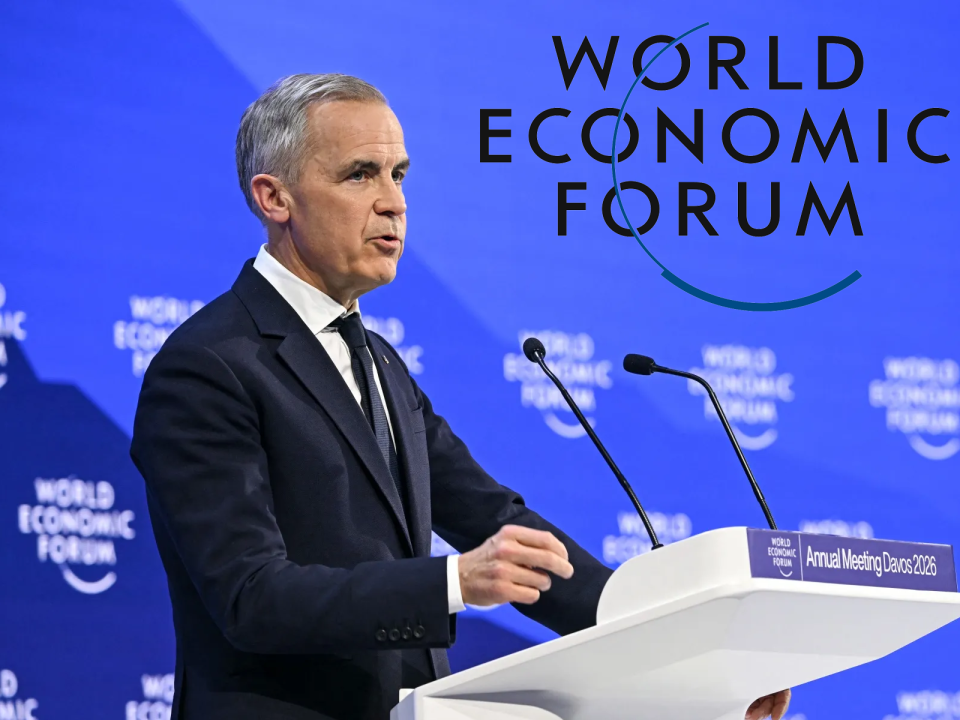
Canadians believe it is time for a lull in COVID restrictions, but see a real risk of future waves. These findings are from the latest waves of INNOVATIVE’s February Canada This Month survey in field from February 4th to 23rd with a weighted sample size of 2,000. A detailed methodology is provided in the full report.
While Canadians are still paying close attention to news about COVID-19, fewer Canadians are now worried about catching COVID-19 themselves or having a vulnerable family member catch it. Only 55% of Canadians are now concerned about catching COVID-19 themselves, down from 65% in early January. Similarly, concern about vulnerable friends and family catching it is down to 69% from a high of 79%.
Nearly two-thirds of Canadians (63%) believe there will continue to be new waves of COVID-19 from new variants even after the omicron wave is over. This is particularly true among older Canadians, but a plurality of all Canadians say there will be future waves.
Canadians are split on how severe they believe future variants will be. Nearly 4-in-10 (38%) say that future COVID-19 outbreaks will be as mild or milder than omicron, but 36% believe that some future outbreaks could be more serious than omicron.
A majority of Canadians believe people should continue to limit contact with people outside their households. While a majority of Canadians continue to support requirements for proof of vaccination to visit indoor restaurants and gyms and making vaccinations mandatory generally, support both measures has dropped since the summer. Canadians are more divided on whether there should be a tax imposed on unvaccinated Canadians without medical exemptions. Only 41% support the policy while 43% oppose it.
For the first time since tracking began, more Canadians now say federal and provincial restrictions in their province are too tight than say they are too loose. This is consistent across every major province except Alberta where more Albertans continue to say their provinces restrictions are too loose.
Despite this dynamic shifting of attitudes and expectations as well as the challenge of the convoy protests, governments are holding their own or improving. While satisfaction with the federal government on COVID is stable, satisfaction with provincial governments is improving, particularly in Alberta and Ontario. In Ontario, approval hit a low in early January with only 33% saying they approve of the provincial government’s handling of the pandemic but that has now increased to 41%. Similarly, Alberta is now up to 27% approval from a low of 20% in January.
Provinces that have been reopening slower started with higher approval levels but have seen smaller changes. In BC approval is up directionally from 54% to 56%, while in Quebec approval is actually down from 60% to 58%.
Canadians don’t think COVID is over, but they do think it is time for a break. They are feeling less threatened by COVID and feel it is time to reduce restrictions. Provinces that were seen to have tougher lockdowns received higher approval rates earlier this winter, but those that are moving quicker to remove restrictions are showing greater improvement.


































